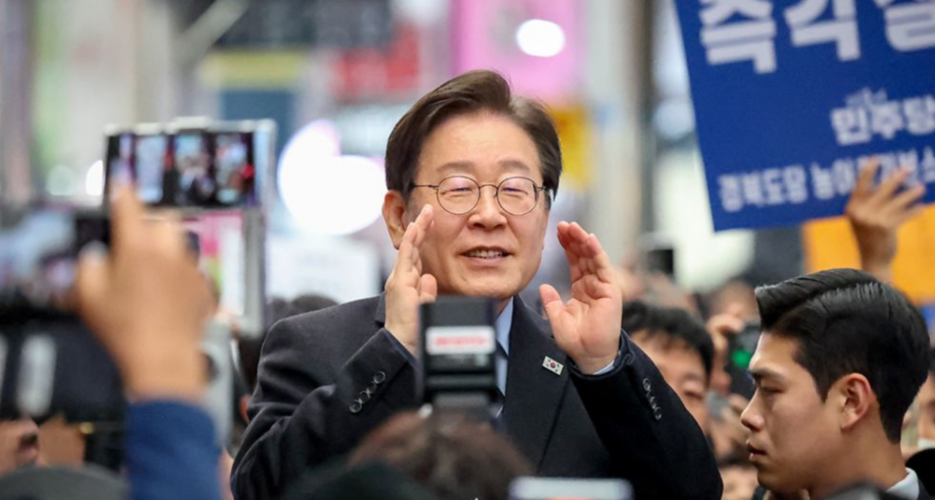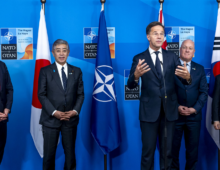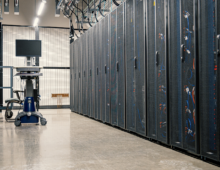With presidency and legislative majority, the Democratic Party has a chance to make a mark but faces high expectations
Editor’s note: This is the final analysis in a multi-part series exploring South Korean policy changes that could emerge under a Democratic Party president. Part one on foreign and trade policies can be read here, part two on nuclear weapons policy here, part three on domestic economic policy here, part four on trade policy here and part five on social issues here.
With President Yoon Suk-yeol and Prime Minister Han Duck-soo impeached, the Democratic Party (DP) is set to retake the presidency, against positioning itself as the guardian of democratic norms.
Editor’s note: This is the final analysis in a multi-part series exploring South Korean policy changes that could emerge under a Democratic Party president. Part one on foreign and trade policies can be read here, part two on nuclear weapons policy here, part three on domestic economic policy here, part four on trade policy here and part five on social issues here.
With President Yoon Suk-yeol and Prime Minister Han Duck-soo impeached, the Democratic Party (DP) is set to retake the presidency, against positioning itself as the guardian of democratic norms.
Get your
KoreaPro
subscription today!
Unlock article access by becoming a KOREA PRO member today!
Unlock your access
to all our features.
Standard Annual plan includes:
-
Receive full archive access, full suite of newsletter products
-
Month in Review via email and the KOREA PRO website
-
Exclusive invites and priority access to member events
-
One year of access to NK News and NK News podcast
There are three plans available:
Lite, Standard and
Premium.
Explore which would be
the best one for you.
Explore membership options
© Korea Risk Group. All rights reserved.
No part of this content may be reproduced, distributed, or used for
commercial purposes without prior written permission from Korea Risk
Group.












